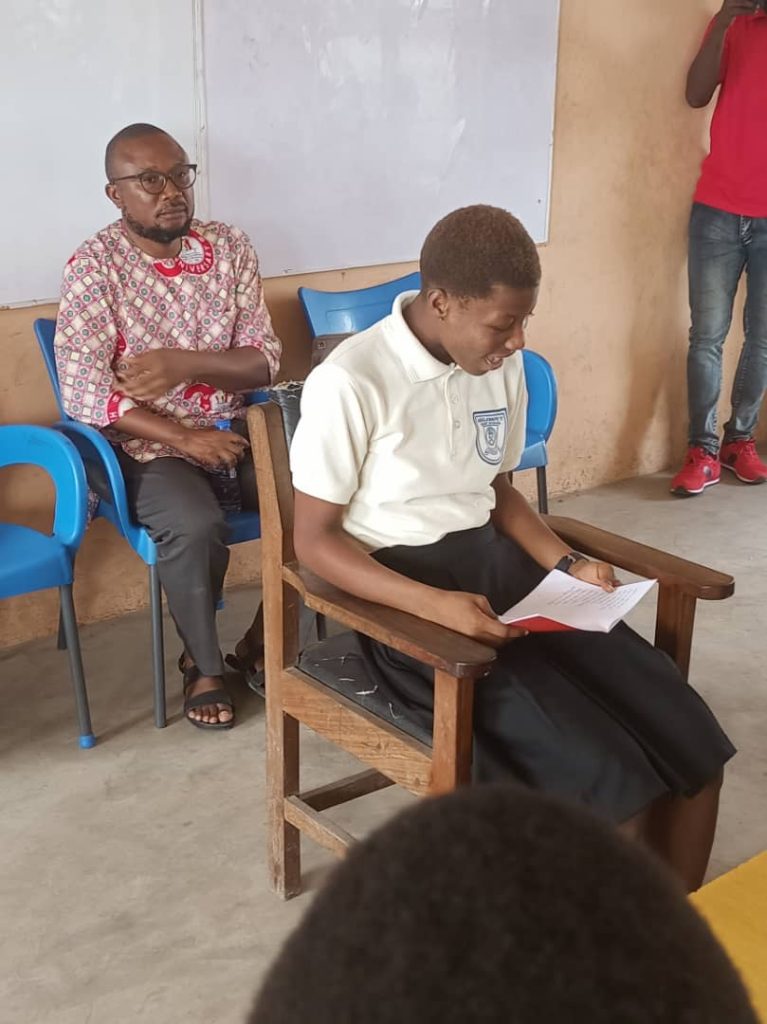By Patrick Ofoe Nudzi/Khadija Musah
Accra, Feb. 29, GNA – Officials of the National Commission on Civic Education (NCCE), in the Ayawaso West Municipality, say basic school children have shown confidence and love for their mother tongue.
Mr Edem Afeeva, NCCE Municipal Director, stated that after engaging some schoolchildren in Ga language reading sessions at the Abelemkpe “2” JHS, children gained strong self-esteem and felt like they belonged in their classes.
The reading sessions were held in commemoration of International Mother Language Day, which is observed every year on February 21 after being declared by UNESCO and later adopted by the United Nations General Assembly.
The Day highlights the importance of languages in promoting inclusivity and attaining the Sustainable Development Goals.
In an interview with the Ghana News Agency (GNA), Mr Afeeva said that learning and speaking local dialects promotes culture and values while also instilling logical reasoning and intelligence in children.

“So, language is what defines us as a people and so it gives us our identity. The framers of the 1992 constitution were right when they mention in the constitution that the state shall promote our local languages and culture. The state has a role to play,” he said.
Mr Afeeva said that residents had a responsibility to promote local languages in their homes, churches, and workplaces to shift the narrative of Ghanaian languages becoming extinct.
In Ghana, it has been reported that the Ga-Dangbe language is fast reaching extinction, as observation used as a tool to collect data and studied qualitatively found that the language is ‘endangered’ because it is utilized primarily by few speakers of the older generation.
The United Nations has said that 40 per cent of the global population currently lacks access to education in their native language, a figure that exceeds 90 per cent in certain regions.
The Day, as encouraged by the UNESCO, is to let children read and speak in their country’s capital language, and in the case of Ghana, the Ga language.
At the Abelemkpe “2” JHS, the children read the Ga book titled “Nileegbe,” meaning the path of knowledge in classes 1, 4 and 6.
Mr Dominic Sarpong, Head of Programmes at the Ayawaso West NCCE Municipal Directorate, stated that local languages serve as conduits for traditional knowledge and cultural heritage; however, linguistic diversity faces threat as more languages disappear.
He stated that research highlights the benefits of employing learners’ native languages in school, which promotes higher learning outcomes and critical thinking skills.
“There are certain things we know in our local language but very difficult to say in English. Our local languages promote understanding, tolerance, and cohesion for economic, social, and cultural benefits,” Mr. Sarpong said.
GNA